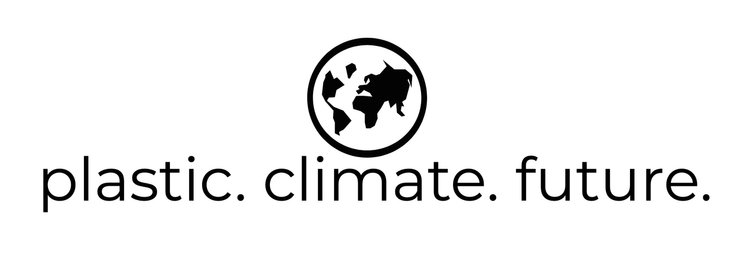Happy New 2023! We welcome you to the future with our end-of-the-year recap episode of Plastic. Climate. Future. Literally one day before Christmas, we came together as the entire team, meaning Saskia, John and Mat, to give some quick thoughts about the best and most interesting episodes of 2022. We also prepared our wishlist of topics and guests for next year and...
Yes, we actually managed to get three of our former guests from previous episodes to conclude this year with us. Kidus Asfaw told us how Kubik will continue being driven by purpose to tackle plastic waste, create new opportunities for women and provide new building materials in Africa. Samantha Anderson gave us insights into the scale-up and innovation activities of Depoly to drive the circularity with a sustainable chemical recycling technology for PET. And Andrea Canepa, took a look into the crystal ball predicting the growth direction for climate tech start-ups based on his exclusive knowledge from the Net Zero Insights platform.
In that sense, let's have a sustainable start into the 2023 Plastic. Climate. Future!
Check out more about our guests at www.depoly.co, www.buildkubik.com and www.netzeroinsights.com as well as through their LinkedIn profiles. And don’t forget to check out the previous episodes with Kidus, Sam and Andrea.










